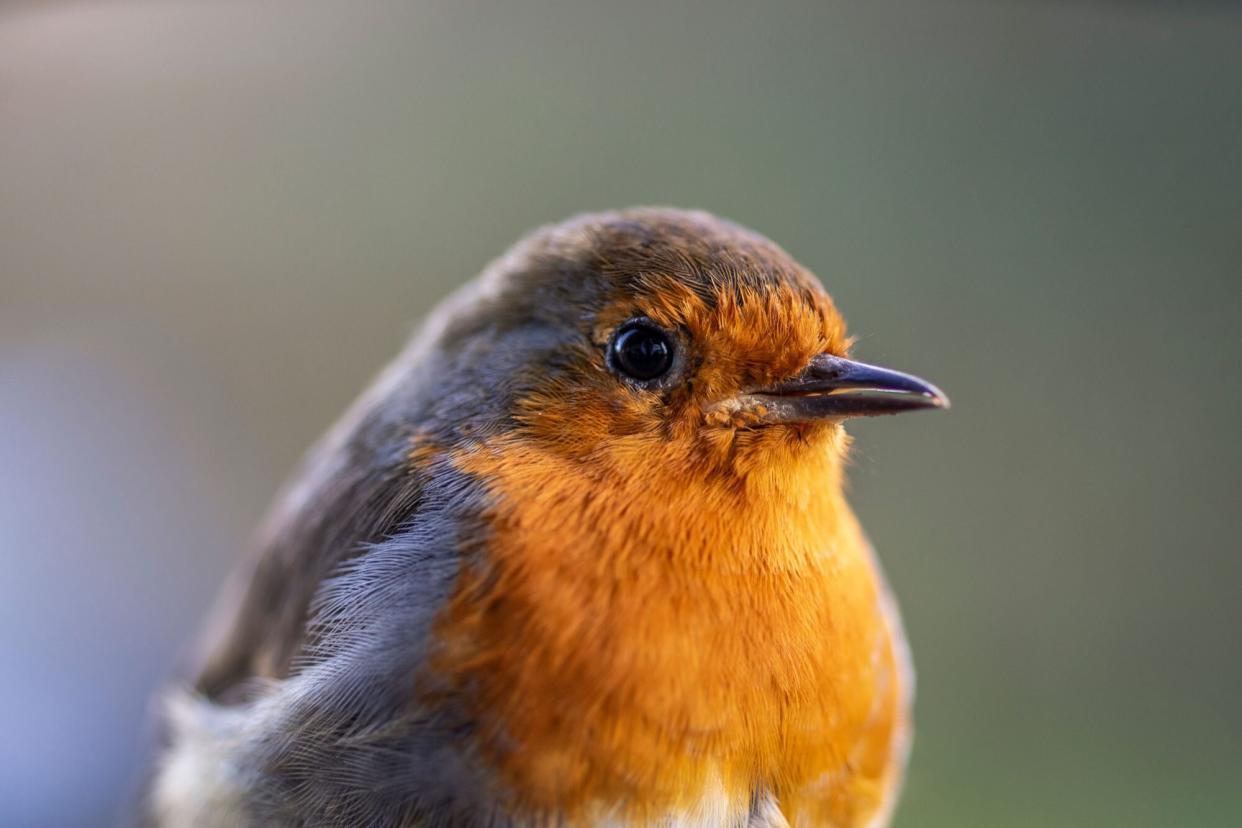What To Do with an Injured Bird

Getty/ Chris McLoughlin
Bird injuries from running into windows are far too common. According to the Audubon Society of Texas, running headfirst into "building glass is the #2 human-related cause of death to birds in the United States, killing hundreds of millions of birds" and injuring millions more. This unfortunate statistic means there's a good chance that someday you're going to run into a bird that may need your help. Here's what to do with an injured bird:
First, if you come across a baby bird, first determine if it needs rescuing. It's possible that the bird is a fledgling. In spring, summer, and early fall young birds get their first flight feathers and start practicing to leave the nest while learning to fly. These fledglings are frequently found on the ground by people, but they don't need help and are best left alone.
So how do you know if a bird needs help? According to Best Friends Animal Society, any adult songbird you find on the ground "who does not immediately fly away from you is in need of help." The Tropical Audubon Society of South Florida recommends carefully placing an injured bird in a ventilated cardboard box with a lid or a towel over the top. Keep the bird in a cool, safe place in the hopes that it can avoid going into shock, which can be deadly. "If a bird has hit a window and is still alive, it may just need a little time to regain its senses, then it may be able to fly away," the Tropical Audubon Society writes. There's no need to force food or drink on the shaken-up bird. If it has been a few hours and the bird doesn't seem ready to take flight, it's time to bring in the professionals. Specifically, a local wildlife rehabilitation specialist.
Luckily the South is filled with folks willing and able to properly help injured birds. There are organizations in every state and, chances are, your state wildlife department can help point you in the direction of which group to contact. For example, Texas Parks and Wildlife has a statewide list of contacts for wildlife rehabilitation organizations on their website as do Florida and Georgia. Contact your local wildlife rehab center and they will inform you of next steps for getting the injured bird the help it needs.
WATCH: South Carolina Wildlife Officials Asking Homeowners to Remove Their Bird Feeders
Want to keep birds from running into your windows? Make the glass around your house more visible to birds. That could mean investing in decals or bird tape, putting screens on your exterior windows, getting etched or frosted glass, or simply keeping your blinds lowered.

